Noor Inayat Khan, also known as Nora Baker, was not only an Indian princess, musician, and writer—she was also the first female wireless operator to aid in resistance efforts in France during WWII.
Not many know of Noor Inayat Khan, the British spy who aided in the fight against the Nazis during the Second World War. Her life sounds like something that very much came from a spy novel, except every bit of it is true.
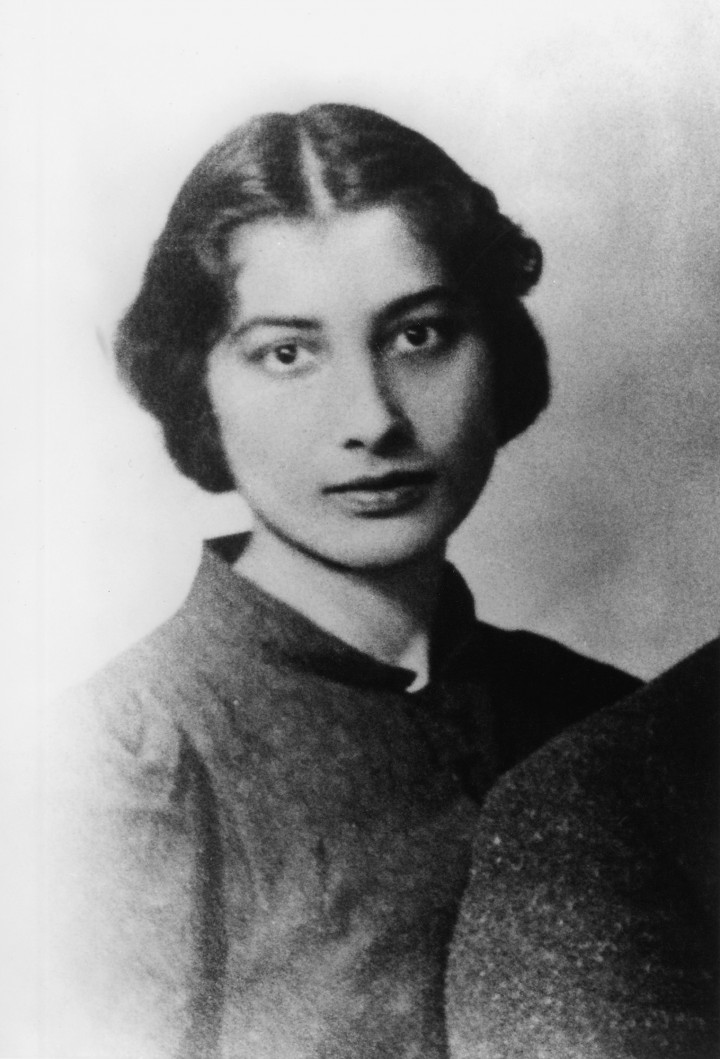
Khan was born in Moscow in 1914, New Year’s day. Her father, Inayat Khan, was an Indian-Muslim Sufi teacher and philosopher. However, he was also the direct descendant of Tipu Sultan, who ruled the Kingdom of Mysore in south India, as per Historic UK. As such, Khan was a true-blooded princess of Indian royalty. Her mother was American poet, Ora Ray Baker, though she changed her name to “Pirani Ameena Begum” after marriage.
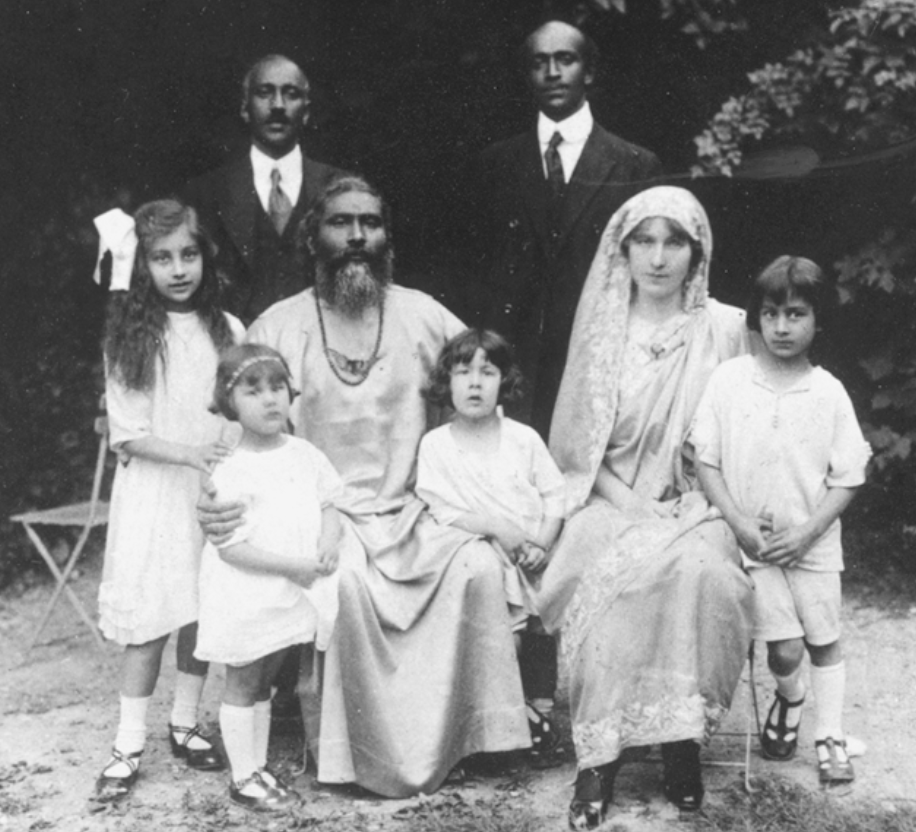
Khan spent her early years in London with her family, before later moving to France. However, at only 13 years old, she experienced the tragic loss of her father, who died during a pilgrimage in India. This caused great grief within the family, though it didn’t stop Khan from wanting to do something more with her life.
READ ALSO: Remembering Hedy Lamarr: The Golden Age Hollywood Actress And Inventor
Multi-hyphenated Artist
Upon her father’s death, Khan began to take charge as the eldest child, helping manage the household while her mother struggled with grief. All the while, the young girl began honing her skills in the arts. According to The New York Times, she enrolled at École Normale de Musique de Paris, and was an accomplished pianist and harpist. She also studied child psychology at the Sorbonne, and began writing a variety of short stories.
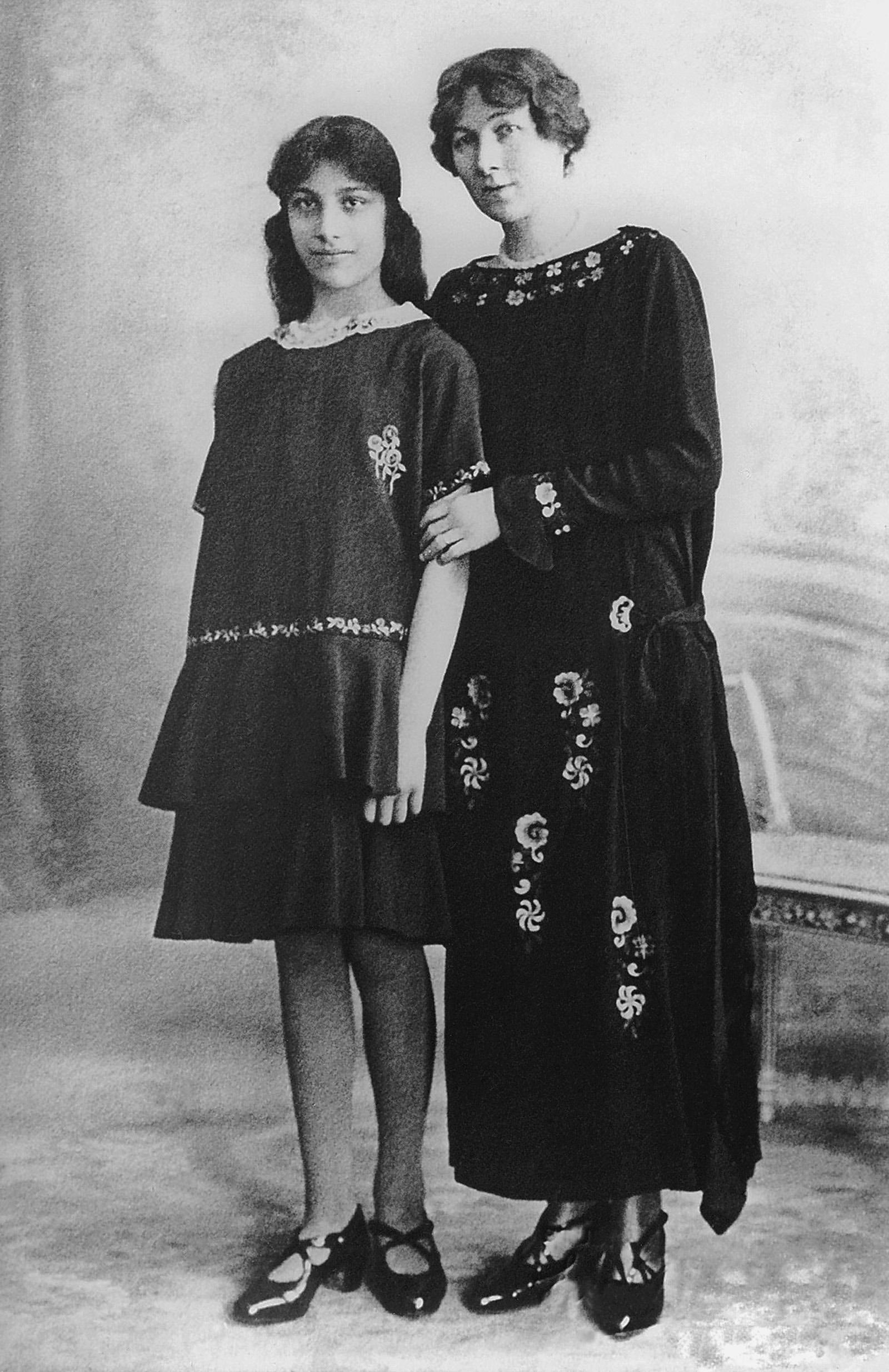
In 1939, she published the book Twenty Jataka Tales a translated work on fables of the Buddha’s previous incarnations. Historic UK added that she began a career as a children’s writer, regularly contributing to a children’s magazine with stories in English and French.
Sadly, Khan’s blossoming career would be short-lived with the occupation of France and the beginning of WWII. In June 1940, she and her family would move back to London to live with a friend of her father.
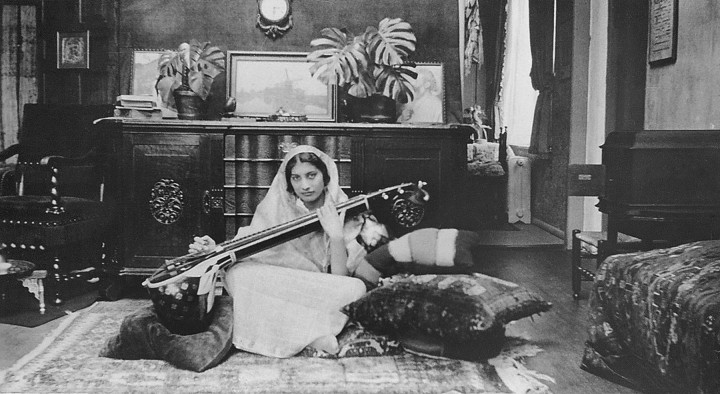
Despite the pacifist Sufi teachings that Noor grew up with, she and her brother wanted to contribute to Britain’s war efforts. In November of that year, she enlisted in the Women’s Auxiliary Air Force, where she would receive training as a wireless operator, as per the BBC.
More Than Meets The Eye
Due to her fluency in French, British authorities immediately recruited Noor for the Special Operations Executive (SOE), a secret British organization that supported resistance against the Germans through espionage, reports The New York Times.
Though Khan worked hard to overcome her fear of weapons and improve her Morse Code skills, superiors and colleagues had doubts of her readiness to join their operations. However, she possessed excellent radio skills that made her a much-needed asset. She also had undeniable commitment and dedication to the job.
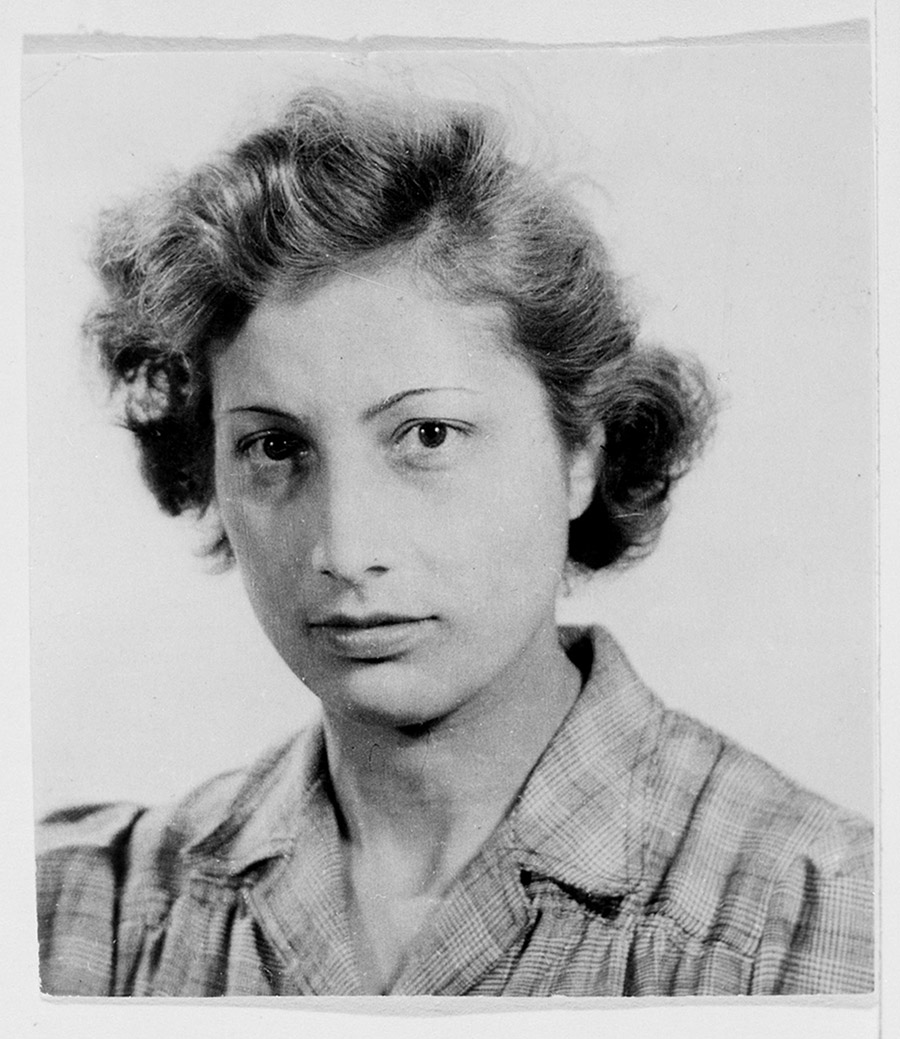
By June 1943, she became the first female wireless operator under the France section of the SOE. She flew to France under the codename “Madeline,” pretending to be a children’s nurse. Sadly, just 10 days after her arrival, the Gestapo arrested all her other British agents. Despite this, she insisted on staying, believing that she could rebuild the network.
During her time in France, Khan singlehandedly did the work of six radio operators, as per The New York Times. She was always on the move, trying to evade the Nazis and even going as far as dyeing her hair blonde to avoid detection. Khan did most of her work through a wireless set that she carried in a bulky suitcase, sending messages in the homes of different allies. Thanks to her work, airmen were able to escape, allowing the entry of crucial deliveries.
Wartime Hero
Right as Khan was about to leave for England in October 1943, a Frenchwoman gave away her identity, and the Gestapo captured her. They kept her in a prison in Pforzheim, on the edge of the Black Forest, chaining her in solitary confinement. She tried to escape twice, though both attempts were unsuccessful. According to the BBC, despite repeated torture, she refused to reveal significant information of the SOE.
In September 1944, the Gestapo transferred Khan and three other female SOE agents to the Dachau concentration camp and shot them.
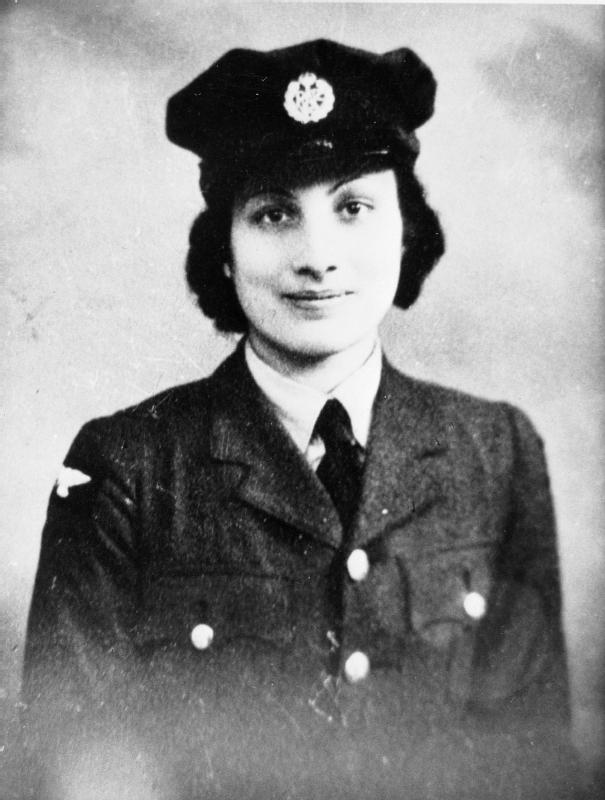
Though Khan’s story ended in tragedy, those who know it remember her as a hero. Britain awarded her the George Cross for her service, while France bestowed her with the Croix de Guerre, gold star. Before being shot, Khan’s last word was reportedly “Liberté!” [“Freedom!”]. She may have been an unlikely spy, but she took her duties seriously until the very end.
In a telephone interview with The New York Times, Khan’s cousin Mahmood Khan Youskine recalled her dainty and refined nature. “The remarkable thing was, within that fineness was also that steely strength of will,” he stated.
Banner photo via Wikimedia Commons.





